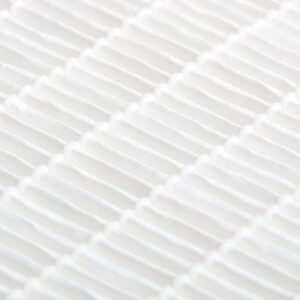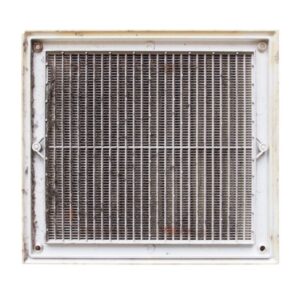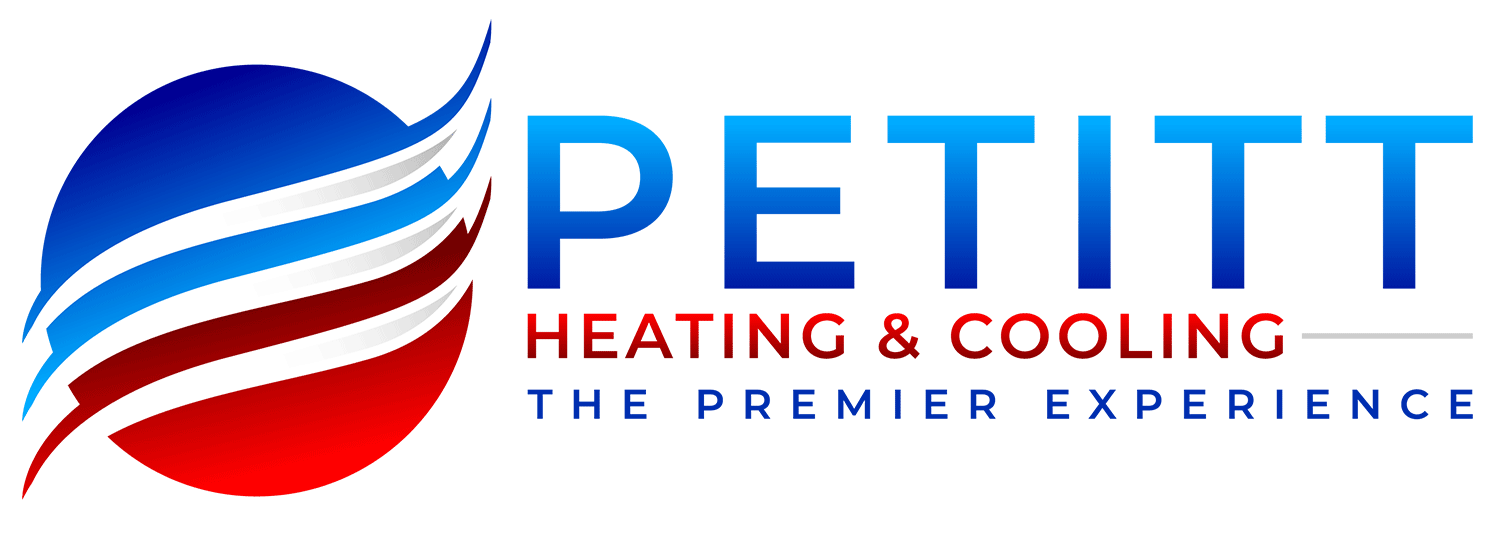Did you know allergens and pollutants inside your home can be up to 5x more concentrated than outside due to a lack of air circulation? These higher concentrations can cause unwanted reactions such as inflammation, lung irritation, eye and nose irritation, headaches, and other respiratory problems.
Did you know allergens and pollutants inside your home can be up to 5x more concentrated than outside due to a lack of air circulation?
Because of this, air filtration systems, also known as air purifiers, have gained popularity in recent years as homeowners look for ways to make sure their home’s environment is healthy for everyone in their household.
What Is an Air Filtration System?
 An air filtration system, or air purifier, is a device that removes impurities and contaminants from the air in a room or building.
An air filtration system, or air purifier, is a device that removes impurities and contaminants from the air in a room or building.
Air filtration systems can be standalone devices or can be integrated into HVAC systems. They use a variety of techniques to filter the air, including mechanical filtration, electrostatic precipitation, and ultraviolet germicidal irradiation.
Types of Air Filtration Systems
There are several types of air filtration systems, each with its own benefits and drawbacks.
- Mechanical air filters: These filters use a physical barrier, such as a mesh or fiberglass filter, to trap particles in the air. They are the most common type of air filtration system and are often used in HVAC systems.
- Electrostatic air filters: These filters use an electric charge to attract and trap particles in the air. They are more efficient than mechanical filters but can be expensive.
- Ultraviolet air filters: These filters use UV light to kill bacteria, viruses, and other pathogens in the air. They are often used in hospitals and other healthcare facilities.
- Activated carbon filters: These filters use activated carbon to adsorb and remove gasses and odors from the air. They are often used in air purifiers and HVAC systems.
What Are the Benefits of Air Filtration Systems?
Incorporating air filtration systems into your HVAC routine has several benefits, including:
- Improved indoor air quality: Air filtration systems can remove harmful contaminants from the air, including allergens, dust, and volatile organic compounds (VOCs).
- Reduced respiratory symptoms: People with respiratory conditions such as asthma and allergies may experience fewer symptoms in a home with an air filtration system.
- Kills some bacteria: Some air purifiers have the ability to kill some viruses and can help keep you and your family healthy during flu season.
- Improved HVAC efficiency: Air filters can help HVAC systems run more efficiently by reducing the amount of dirt and debris that builds up in the system.
Possible Drawbacks of Air Filtration Systems
While air filtration systems offer several benefits, they also have some drawbacks to consider:
- Cost: Air filtration systems can be expensive to purchase and install.
- Maintenance: Air filters require regular maintenance to ensure they are functioning correctly. This includes replacing filters and cleaning the system.
- Noise: Some air filtration systems can be noisy, which may be a concern for some homeowners.
When you consider the health benefits these setups offer, we’d say that the pros tend to outweigh the cons.
That said, we can work with you to find the perfect setup for your needs. When you consider the health benefits these setups offer, we’d say that the pros tend to outweigh the cons.
Air Filtration System FAQs
Can air filtration systems remove all contaminants from the air?
 No, air filtration systems cannot remove all contaminants from the air, but they can significantly reduce the number of harmful particles in the air.
No, air filtration systems cannot remove all contaminants from the air, but they can significantly reduce the number of harmful particles in the air.
Do air filtration systems make a lot of noise?
Some air filtration systems can be noisy, but there are many quiet models available.
Can air filtration systems help with allergies?
Yes, air filtration systems can remove allergens from the air and reduce allergy symptoms.
How often should air filters be replaced?
Air filters should be replaced every three to six months, depending on the type of filter and how often the system is used
Ask Us About Your Options
So, are air filtration systems worth it? Our experts think so.
Air filtration systems can significantly improve indoor air quality and reduce respiratory symptoms, making them well worth any additional costs – just make sure you take all aspects into consideration before moving forward, so that you’re making the best decision possible for your household. There are many factors to consider when choosing a system, such as the filtration system rating and the Clean Air Delivery Rate (CADR).
Need some help along the way? We’re here for you. Give the professionals at Pettit Heating & Cooling a call at 615-654-0814 or reach out online now to discuss adding an air purifier system to your home.

Recent Comments